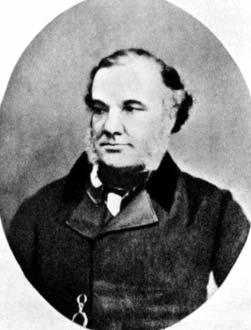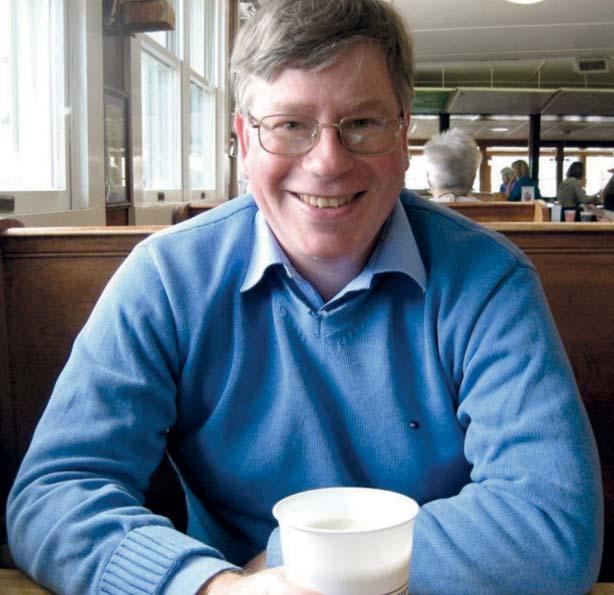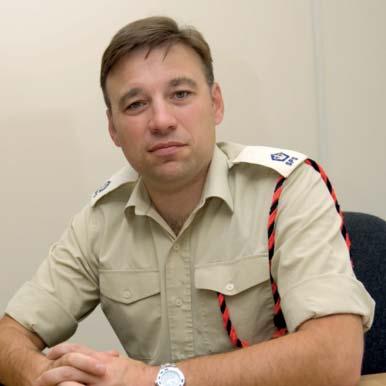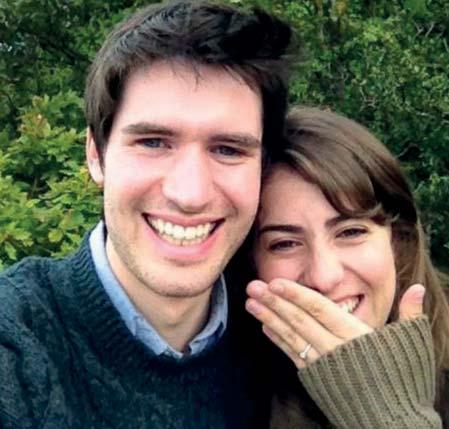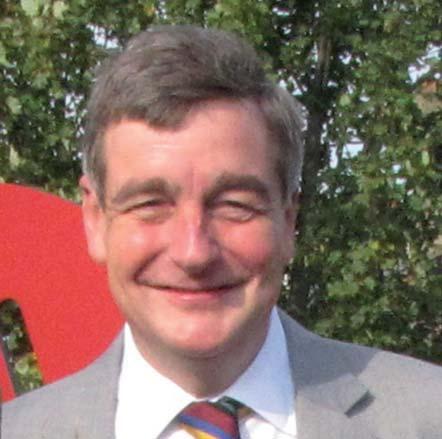
12 minute read
Obituaries
from ONA 87
Sir (Francis) Humphrey Potts (44-50)
Born 1931, died 2 December 2012, aged 81.
Advertisement
The passing of Humphrey Potts robs us of a delightful man. He never imposed his considerable erudition, and his great charm never ingratiated. He was inherently fair-minded, interested in people and the world about him, and he had good judgment in abundance. I should declare an interest – I knew Humphrey all my life, and he was best friends with my whole family.
Humphrey grew up in Penshaw, where his father farmed on the Lambton Estate. He was evacuated to Penrith with the RGS during the war, a period he recalled less fondly than many, although he generally enjoyed his schooldays. He read Law at St Catherine’s, Oxford, and was a Scholar at Lincoln’s Inn, where he was called to the Bar in 1955.
He joined Newcastle chambers at 51 Westgate Road when the Bar had a plentiful flow of criminal and civil work, the latter mainly involving industrial injury claims. The Newcastle Bar was of small size, but high quality, with a disproportionate number eventually achieving high judicial office (including George Waller, Roddy Smith (37-44), my father and Humphrey). The nature and flow of work allowed these “Lions of the North” (as they became known) to develop ferociously effective cross-examination skills. Combining them with meeting regularly clients of every background in prison, and running a prosecution one week and a defence the next, Humphrey built up ideal experience to be a High Court Judge. Such experience belies the common caricature of judges being “out-of-touch”.
Humphrey’s personal presence in Court was commanding. He would fully press home a cross-examination, and punish evidential inconsistencies. He was obviously intelligent and well-prepared. But he achieved results with juries as much through his patent decency, and lack of pretension.
By 40, Humphrey was a successful barrister, who was excellent company and lived a bachelor life well in elegant surroundings in Brandling Park. Just as my parents thought he may not marry, Humphrey met Pippy, and their wonderfully happy marriage began. The house became a warm family home, with all the detritus of children mixing with the previously immaculate Georgian furnishings.
Humphrey also took Silk in 1971, and (as then required) took chambers in London, at 11 King’s Bench Walk. He became a Recorder, and was appointed to the High Court Bench in 1986, with a reputation as a very fair judge, conducting trials with firmness and purpose. He presided over three high profile cases.
The first was a libel trial in which journalist Jani Allan failed to refute an alleged affair with neo-Nazi leader, Eugene Terreblanche. Humphrey particularly enjoyed the linguistic economy in a newspaper report of one witness sighting through a keyhole “the oscillating buttocks of the overweight extremist.”
Second, the trial under the War Crimes Act (1991) of Nazi collaborator Anthony Sawoniuk for crimes committed in Belarus in 1942 – the only trial under that Act.
And third, the trial of Jeffrey Archer for perjury. Although conduct of the trial was widely considered sensible and sound, Archer appealed his conviction and sentence, including on the grounds that Humphrey was prejudiced (based on an alleged dinner conversation with a third party several years previously which Humphrey denied). The Court of Appeal took less than two minutes to dismiss the appeal.
In need of advice, my father would ultimately listen to three people: my mother, his brother, and Humphrey. Humphrey was a similar touchstone for many. He will be greatly missed, by all who knew, valued and loved him, and particularly by Pippy, two sons, two stepsons and two grandchildren who survive him.
Louis Taylor (75-85)
John N. Adams (49-57)
Born 1939, died 14 April 2012, aged 72.
John Adams, who grew up in rural County Durham, went on from the RGS to become a distinguished scholar and teacher of law, a professor at several universities, and the author of numerous books and articles on diverse legal topics.

At school, John was a rather quiet and unobtrusive member of a year group which contained an unusual number of flamboyant characters, and his energies were perhaps limited by the effects of a chronic illness which was not successfully treated until after he had left the RGS. But he worked hard, and absorbed some of the best qualities of the school. These included its encouragement of wide interests and critical thinking, its seriousness about teaching and learning, and its concern for individuals, which all became characteristic of his own work as a devoted and well-liked teacher. John also had a remarkable capacity for making and keeping friends. Among these were several from school with whom he kept in touch for the rest of his life, and met regularly.
John studied law at King’s College, Newcastle, at that time part of the University of Durham, and then, after qualifying as a solicitor, practised in Gateshead. In 1971 he made the lifechanging decision to become a lecturer in law at Sheffield University. This gave him the time to undertake research, and the opportunity to teach, activities in which he delighted for the rest of his life. It was also at Sheffield that he was joined by his life-long partner, Dr David Grey, a mathematician who shared his love of music and enjoyment of hill-walking. John’s subsequent academic career included posts at universities in France and the USA, and professorships at Sheffield and at the University of Kent. He also qualified as a barrister in 1984, and practised in London. At the time of his death he was still teaching at the London campus of Notre Dame University, Indiana. After completing the last scheduled lecture of the course, which drew spontaneous applause, John, as usual, entertained his students at his London club in characteristic good spirits. He died in his sleep of a heart attack at his home in Sheffield.
The obituaries written about John by his legal colleagues noted that he had left his mark on many aspects of the law, and would be much missed in numerous professional circles. He was highly valued for his legal insight, his willingness to collaborate, his skill at fostering desirable developments, and for the cheerfulness, affability and quirky humour which helped to make him a good leader in departments and committees. His many publications were described as authoritative, widely read, and influential.
John’s friends are conscious of a large gap left in our lives by his death. We miss his zest for life, his un-cynical good humour and wit, his kindness, and his steadfast friendship over many years.
Paddy Page (H M Page, 51-59)
Peter Campton Foreman (43-50)
Born 1932, died 10 November 2012, aged 80.

Peter was evacuated to Penrith for a brief period, returning to Jesmond in the autumn of 1944, the year I joined the RGS and the start of our 68-year friendship.
Never a keen sportsman, Peter turned his talents to other fields and became a master builder of model gliders with wingspans from 18” to 5/6ft. Much of my fitness was down to chasing the things over miles of beaches and fields. He showed endless patience bringing them back to flying condition after numerous crashes.
Along with two other friends we became avid campers spending three, four or five weeks every Summer Holiday at sites around the North East. Our first attempt was almost a failure: without a watch or a clock between us we called at the local farm for milk to be told that it was only 4am! Experience did not always produce improvements. Having cycled miles we almost always had to pitch our tent in darkness, once on an ant’s nest and then on the flight path of RAF Leeming where we soon found out that they were practising night flying circuits and bumps! Out walking one day we saw a bull charging towards us with the farmer frantically waving. Three of us jumped over the hedge while Peter dived into the river! When the farmer arrived he asked if we had not seen him waving for us to open the gate to let the heifer through! Well, we were young townies. Later, to finish off one of the holidays we burnt the cooking tent down! Another camp marked with distinction is when two German POWs joined us for coffee every morning.
At the age of 14 we decided to become photographers. Peter went to Turners in Pink Lane and reappeared laden with dishes, chemicals, papers and comprehensive instructions and a bill which cleaned us out of our pocket money. All we needed was a camera! We joined Gateshead Camera Club as its youngest members where Peter won several club competitions and later became a highly respected regional judge and was an active member until his death.
I used to join Peter and his parents on holiday every year. Peter impressed his father and me by diving off the 30m board at St Annes. We also learnt to sail dinghies at Fairhaven. At Beadnell Hall after the hotel dance I took my dance partner for a walk around the harbour. Quietly creeping into our room at 2.30am the world fell on my head: tennis rackets, shoes, balls and boots. The light was turned on to reveal a grinning Cheshire cat very proud of his booby trap! That summed up Peter: apparently quiet and shy, but with a wonderful wicked sense of humour. A great friend.
After the RGS and his training in Dentistry, qualifying with an MDS and PhD, Peter served in the RAF and was on Christmas Island when the atom bomb exploded (see Issue 84).
Peter was not particularly religious so his family arranged a non-religious family service, playing some of Peter’s favourite Jazz music. Sadly, I was abroad but my family say it was the finest funeral they have ever attended and a wonderful send-off to a thoroughly good and nice gentle man.
Although I will miss Peter, many very happy memories remain and are some compensation for my loss of a true and loyal friend.
Doug Sutherland (44–51)
Alister Hurford (32-42)
Born 1924, died 13 October 2012, aged 88.
Alister followed in the footsteps of his father who had a dental practice at Jesmond Vale Terrace. He went up to University after spending three very enjoyable years with the school at Penrith.
A keen sportsman: at Newcastle University he was given his Cap for his rugby achievements. He was subsequently opening bat for Devonport Services Cricket Team and played squash into his sixties, twice winning the Northamptonshire Squash Trophy Cup.
Married in 1950 to June, a W.R.N.S. officer at Devonport, he was the proud father of a daughter and six sons, and grandfather of 16 boys and girls.
by June Hurford
Frank Oliver Tulloh (34-41) Born 1925, died 5 November 2012, aged 87.
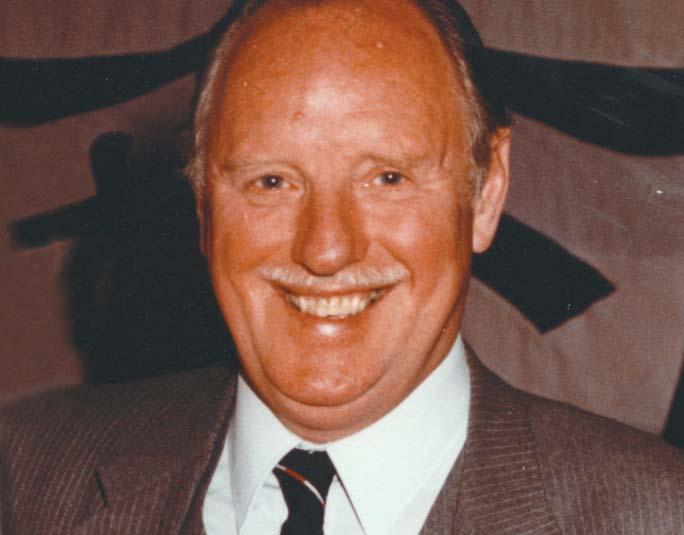
Frank was evacuated to Penrith between 39-41, along with his brothers Clifford Tulloh (35-41), Harold Tulloh (35-41) and Marchant Tulloh (39-41), (44-47). It was there that he developed his lifelong passion for rugby and swimming.
The family returned to Newcastle in 1941, where Frank completed his schooling. After a foray into medical studies, he was conscripted into the army, where he sustained serious injuries and was eventually invalided out. aged 70. 2012, aged 84. Dennis Martin (44-52) 3 October 2012, aged 90. 29 July 2012, aged 81. On his recovery, he followed his father’s footsteps into Lloyds Bank, and took up a position in London, and later married and had one daughter. He spent the remainder of his working life in the bank, until his retirement in 1985.
He was a keen supporter of rugby at all levels, taking a special interest in junior rugby and the development of young players. He travelled widely in the UK, following many of his favourite clubs, and took great pleasure in discussing the finer points of rugby with anyone who would listen!
In 2002, he moved to Brighton to live with his daughter and family, where he continued to take an active interest in sport and real ale.
For many years he continued to attend the Penrith and London Old Novo re-unions and was briefly involved as London ONA Vice President.
He never tired of hearing about the North East and Scotland and would often reminisce about happy times at Penrith and the RGS.
He is survived by his daughter, Frances, and grand-daughter, Nancy.
Carl Hjul (30-32) born 1920, died 29 January 2012, aged 91.
Alan Davison (38-47) born 1929, died June 2012, aged 82.
born 1933, died 11 September 2012, aged 79.
Robert Vivian Stephenson
(46-49) born 1931, died
Geoffrey Fairless Todd
(53-60) born 1941, died 26 November 2012,
John Burton Hall (36-40) born 1927, died 4 October
Gordon Victor Smales
(34-40) born 1922, died He captained the 1st XV in 1939-40.
William Alan Croft (38-40) born 1927, died 12 November 2012, aged 84.
Patrick (Paddy) Martin Bennett (63-69), died 12 November 2011, aged 59.
Leonard M (Sammy)
Franks (32-38) born 1921, died 11 November, 2011, By Frances Tully
Walter Turnbull (41-45) born 1927, died 8 October 2012, aged 85. Walter was a pupil during the school’s evacuation to Penrith and left with best friend, the late George Holloway (36-44) to enlist in the services to aged 90.
become a marine commando. By Mrs Maureen Turnbull
ONA Merchandise

Cufflinks £10 Enamelled cufflinks (presentation box included)

Wall Plaque £20
Previously £25 Tie £10 Polyester tie, striped with crest.
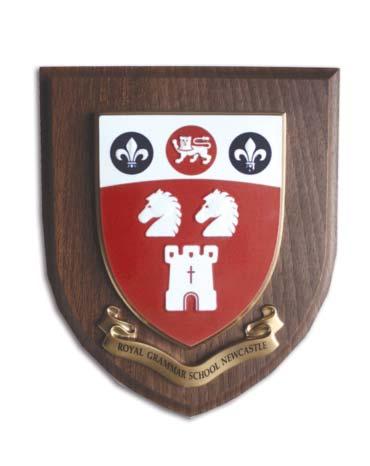
ONA merchandise is now for sale
To order any of the items, please send a cheque (payable to ONA) to:
Development Office Royal Grammar School Eskdale Terrace Newcastle upon Tyne NE2 4DX
Remember to include your name, address, phone number and/or email, and to indicate which item you are ordering.
Please include phone number and/or email so we can contact you if delivery is likely to be delayed. The ONA accepts no responsibility for non-delivery via standard post. If you would like your order to be sent by special delivery, please contact the Development office for a price list.

